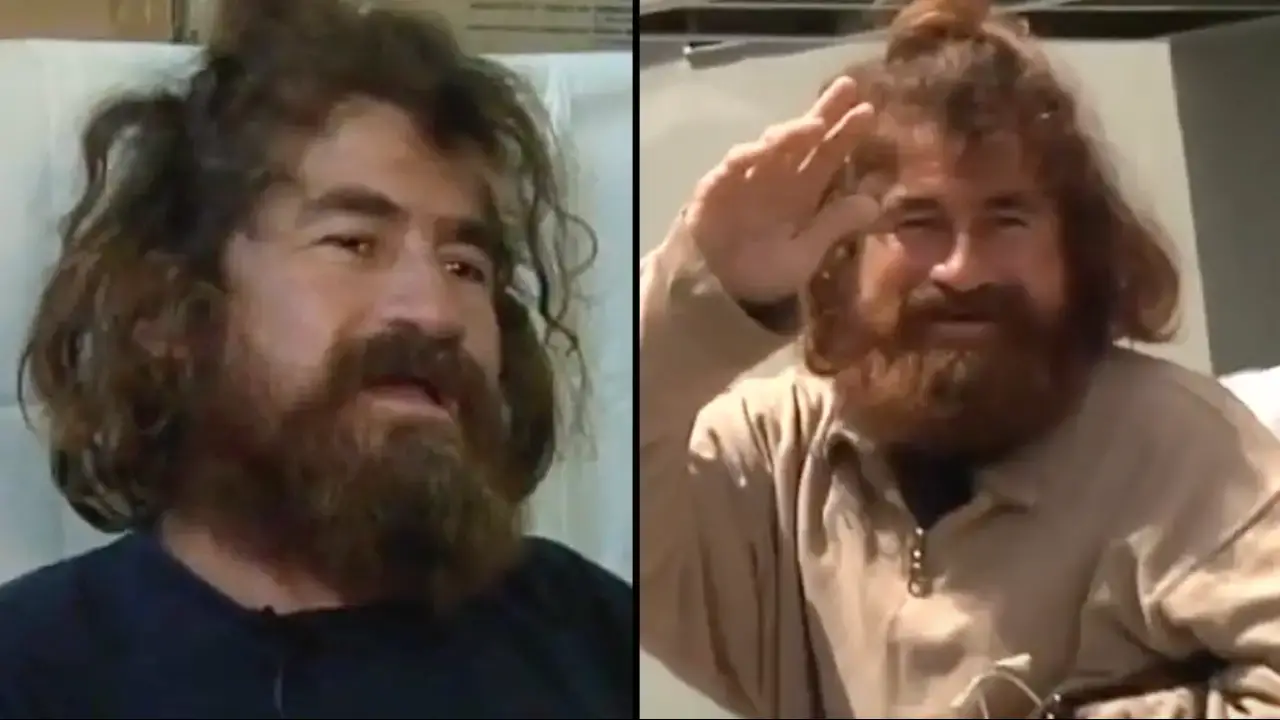
Credit: CNN via YouTube
Incredible Way Man Survived After Being Stranded For 438 Days At Sea With No Food Or Water
A man has shared the astonishing way he survived after being stranded at sea for 438 days.
Salvador Alvarenga and his boat partner, an inexperienced fisherman named Ezequiel Córdoba, went fishing off the coast of Mexico in November 2012.
Alvarenga had originally planned the two-day voyage with his usual boatmate, Ray Perez, who at the last minute couldn’t make the trip. So instead, he was joined by the 24-year-old.
Although Alvarenga knew a storm was approaching, he had been at sea in similar weather conditions and decided to take the risk.
This would turn out to be a regrettable decision.
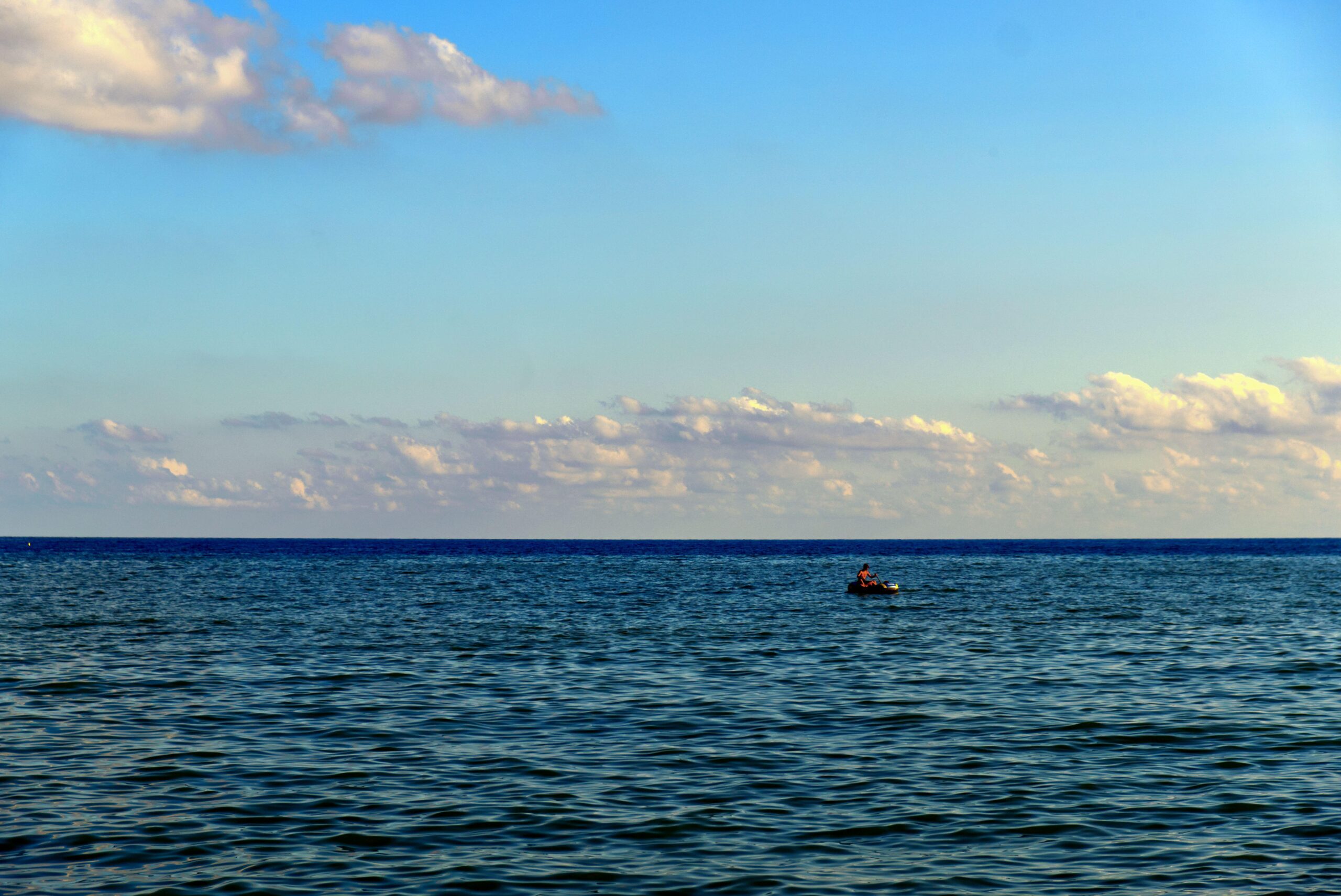
Two days into the fishing trip, the storm hit – it would go on for seven days.
The boat was thrashed from side to side, with hundreds of gallons of seawater threatening to sink or flip the vessel. Their situation worsened when their motor cut out.
Concerned the boat was also becoming heavy and unstable, the pair decided to ditch much of their equipment.
Alvarenga and Córdoba found themselves completely alone when the radio died.
They were invisible in the endless water, with no masts or flares.
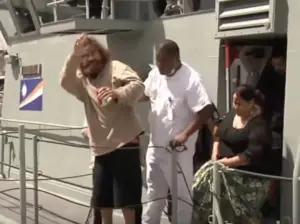
Having drifted far out, the pair only had the stars as guidance.
As they had no bait or fishing hooks, Alvarenga had little choice but to be daring when it came to catching fish.
He would kneel along the boat’s edge, scan for sharks, and shove his arms into the water up to his shoulders. He’d smash the fish shut between his hands and dig his fingernails into the scales. It would be a technique he eventually mastered.
Once aboard the boat, Córdoba would expertly clean and slice the flesh, leaving strips to dry out in the sun.
“We didn’t think about hunger at first,” Alvarenga recalled (per CNN). “It was the thirst. We had to drink our own urine after the storm. It wasn’t until a month later that we finally got some rainwater.”
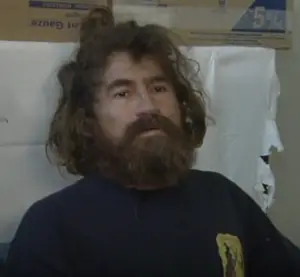
Over time, Alvarenga and Córdoba became starved of water and protein.
Until one day, Alvarenga managed to catch a seabird. He said, unlike processed chicken, it contained blood, making it a vital liquid source.
“We cut their throats and drank their blood. It made us feel better,” the fisherman recounted.
In desperation, they tried to eat every part of the birds, even their feathers. They avoided only one part – the stomachs, which were frequently filled with garbage and plastic.
Birds and fish weren’t the only food source for the pair, they occasionally caught a turtle or flying fish.
Yet often, there’d still be days when they’d go without food.
Alvarenga said Córdoba had long ago lost faith in being rescued: “He would cry a lot, talking about his mama, eating tortillas, and drinking something cold.
“I helped him as much as I could. I would hug him. I told him, ‘We’ll be rescued soon. We’ll hit an island soon.’ But he would sometimes get violent, screaming that we were going to die.”
After becoming sick from eating raw seabirds, Córdoba made a dire decision: he would refuse all food.
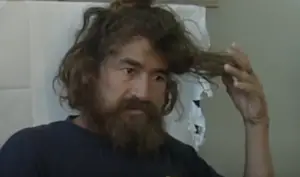
On the day Córdoba died, Alvarenga says it was raining.
The 24-year-old passed away in the boat’s icebox, where the two had huddled daily to avoid the blistering sun. He asked Alvarenga to visit his mother.
Alvarenga told The Guardian‘s Jonathon Franklin: “He asked me to tell his mother that he was sad he could not say goodbye and that she shouldn’t make any more tamales [a traditional Mesoamerican dish] for him – they should let him go, that he had gone with God.”
The fisherman said he had one-sided conversations with Córdoba for six days before he realized he was going crazy.
To save his sanity, he dropped his fellow castaway’s body into the ocean.
With Córdoba gone, Alvarenga was left alone.
Alvarenga said that during this time, he focused on finding food, praying, and singing hymns. He said that often, he would see cargo ships passing by, however, he wasn’t sure if they were in his imagination.
When it came to the fisherman being saved, it wasn’t a boat that came to his rescue.
After 438 days of floating in the vast ocean, Alvarenga spotted mountains in the distance. As he drifted closer, he jumped into the water and swam towards the land.
The fisherman landed on shore in January 2014.
He said that after being in solitary confinement for so long, he had become ‘afraid of people.’
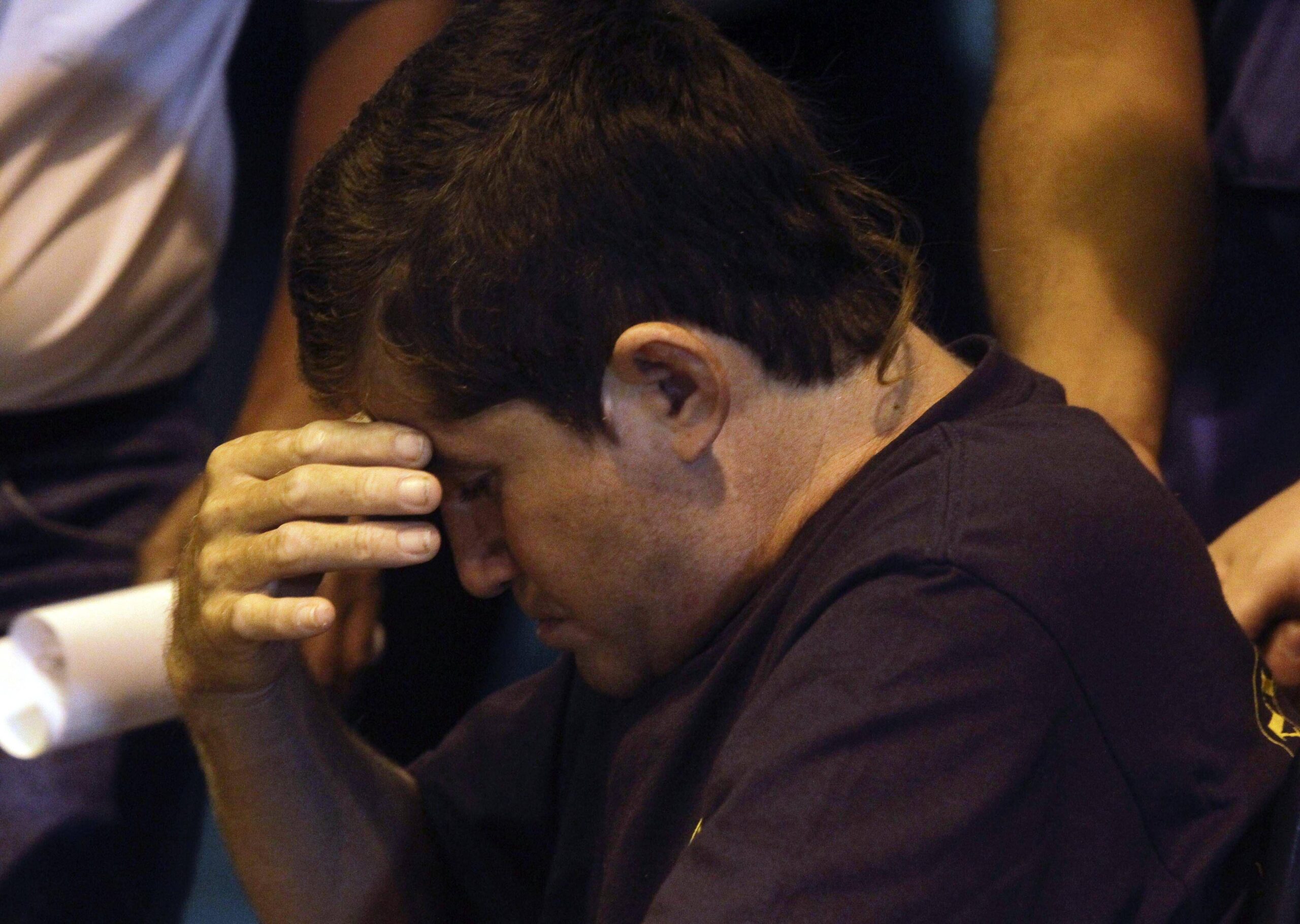
Alvarenga followed through with his promise and visited Córdoba’s mother.
He collaborated with reporter Jonathan Franklin and released a book in November 2015 titled ‘438 Days:
Shortly after its release, Córdoba’s family launched a million-dollar lawsuit against Alvarenga, claiming he had eaten their loved one to survive, reports People magazine.
Alvarenga’s lawyer denies the allegation and at the time, pointed out it was made just days after the book about the castaway’s ordeal was published.
He told El Salvador’s El Diario de Hoy: “I believe that this demand is part of the pressure from this family to divide the proceeds of royalties.
“Many believe the book is making my client a rich man, but what he will earn is much less than people think.”
Alvarenga was also sued by his former attorney, Benedicto Perlera, who sought $1 million over an alleged breach of contract, reports El Diario de Hoy.
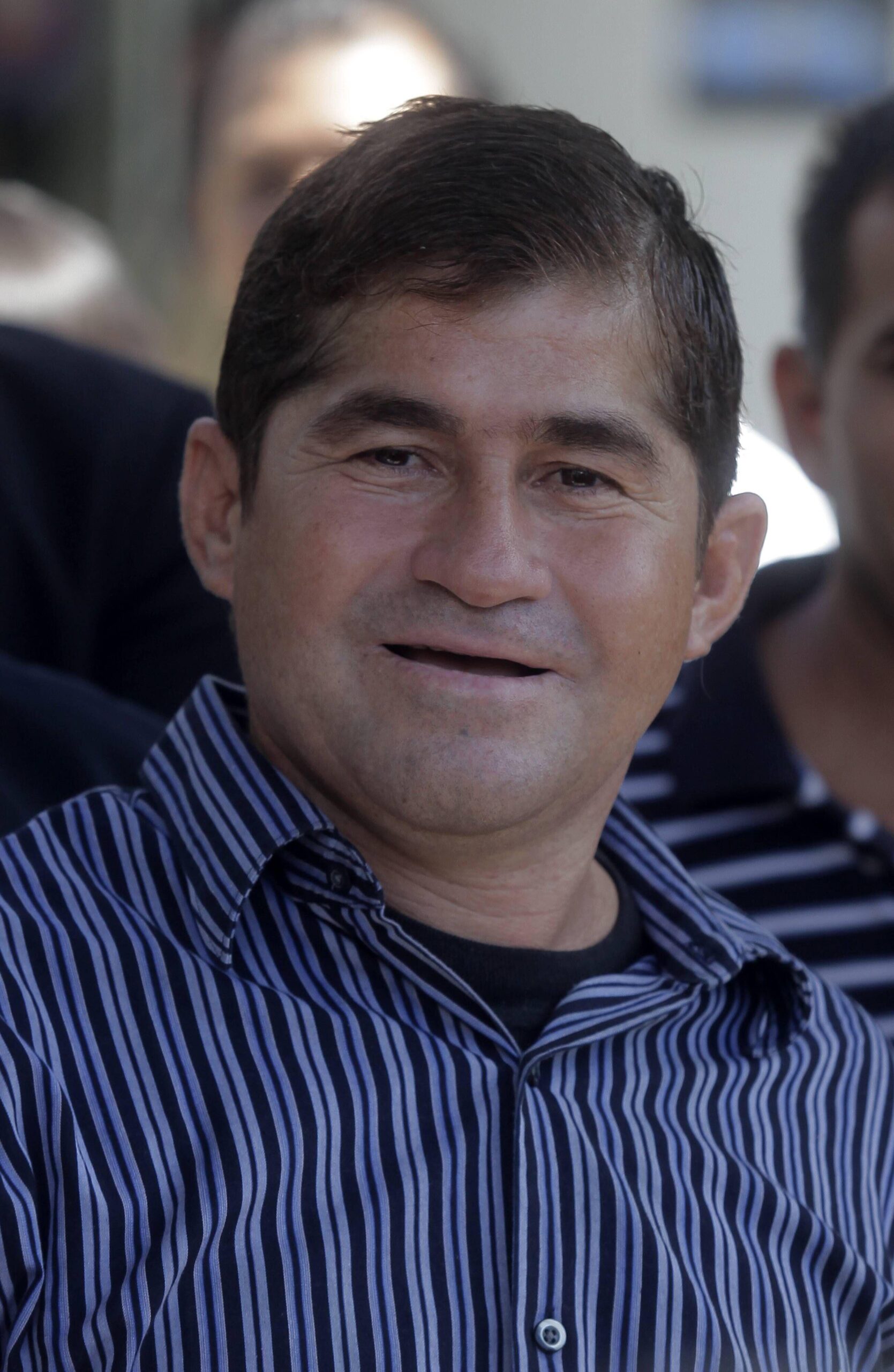
Although Alvarenga initially developed a phobia of the ocean, this faded over time.
His lawyer, Jeffrey Masonek, said, per NBC News: “I know he has mentioned a desire to get back to the fishing life.”
He added: “I think he is doing fine. He’s very, very grateful to be alive.”
Related Article: People Left ‘Terrified’ After Men Drop GoPro Into ‘Deepest Pit In U.S.A.’
Related Article: Chilling Last Words Shouted At Missing Teen After He Jumped Off Cruise Into Shark-Infested Waters